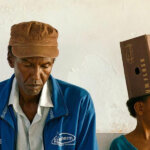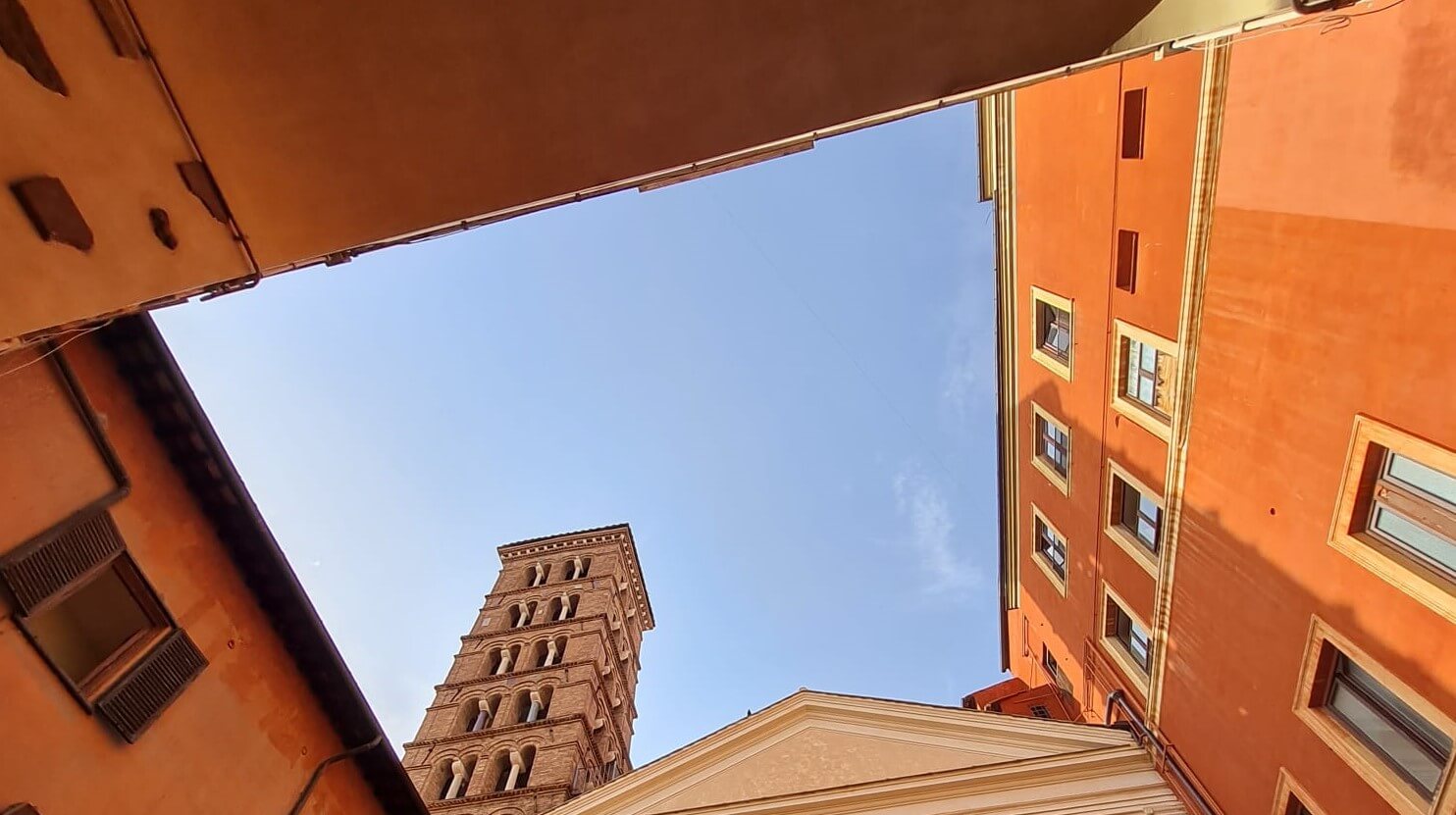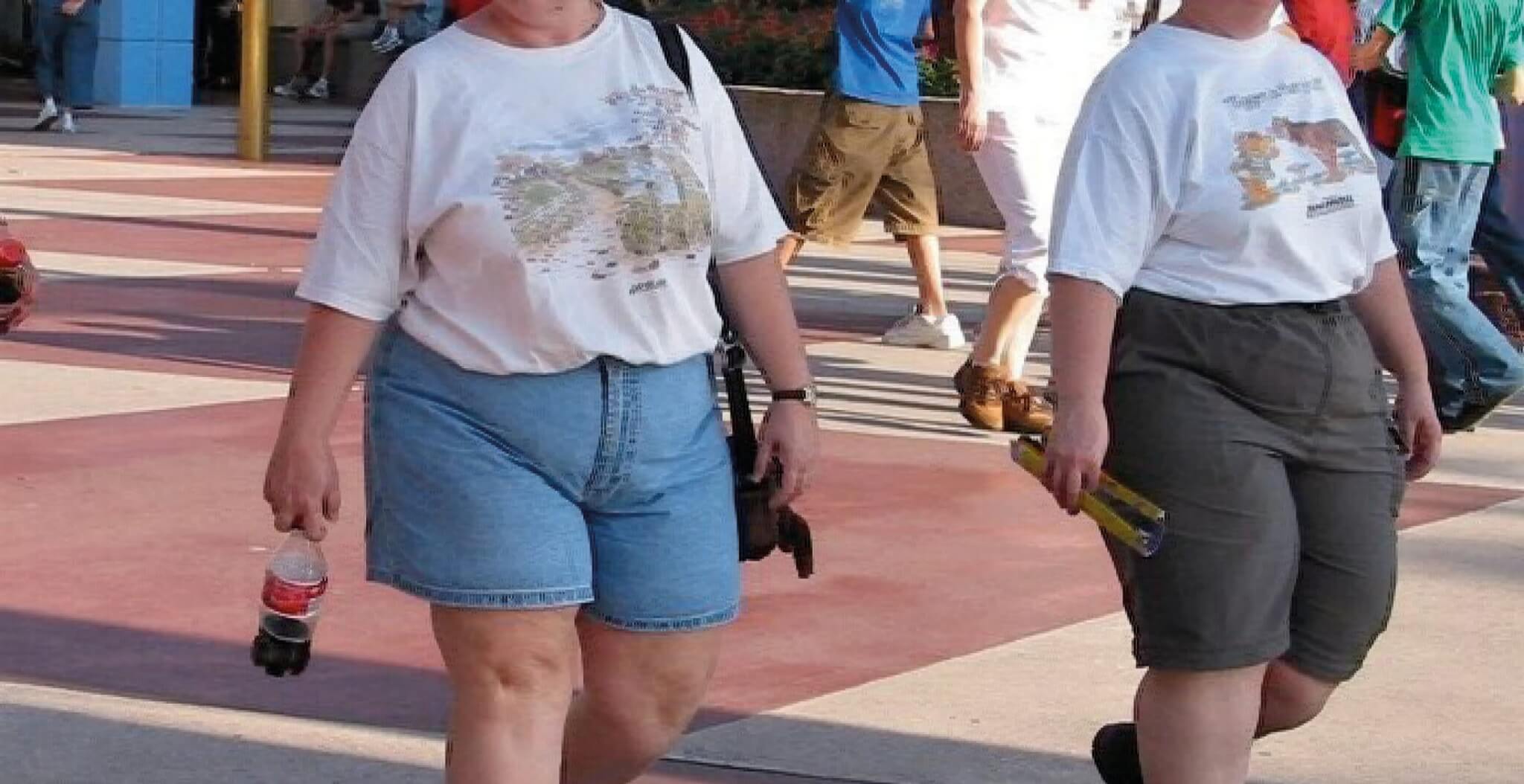This year’s Arab Film Festival, ALFILM, dives into themes of family history, trauma, and life in the diaspora, exploring everything from colonialism and violence to the harsh realities of war. ‘Canceled Futures, Endless Pasts. Speculative Fiction on and Archival Subversions of the (Post)colonial Condition’ is the theme of this year’s showings in Berlin, providing us with a selection of Arab movies posing the question of “what could our existence have been otherwise? The 16th edition of the independent festival kicks off with a screening of To a Land Unknown by Mahdi Fleifel, a touching movie that tackles the topic of Palestinian refugees navigating the harsh realities of being considered a stateless person in Europe through a raw and unfiltered lens.
Stories of Resilience, Connection and Change
Funded in 2009, ALFILM was initially launched to combat the lack of visibility of Arab Cinema in Germany, specifically “to show an Arab perspective on the Arab world through to counter the usual stereotypes and media narratives”, explains Pascale Fakry, ALFILM’s Executive Director, in an Episode of Rawy Films’ Podcast. “We want to give space for the community to be out in public in Germany with their semantics and their identities”, she adds. And indeed, that’s exactly what has been happening. Last year’s spotlight of ALFILM ‘Here is Elsewhere: Palestine in Arab Cinema and Beyond’ focused on the solidarity with the Palestinian cause and its global impact beyond Cinema. An important signal in an art scene that has, for the most part, stayed silent and indifferent to the suffering of the Palestinian people. This year, ALFILM calls for the spectator to “contemplate and critically engage with coloniality and its legacies in a different light”, shifting the attention away from the familiar towards alternative realities. The selection of movies consists of a mixture of documentaries, feature and short films, and a three-part series of short films. They explore topics of militarization, lightness, and grief, showcasing the complexities and interconnectedness of the region.
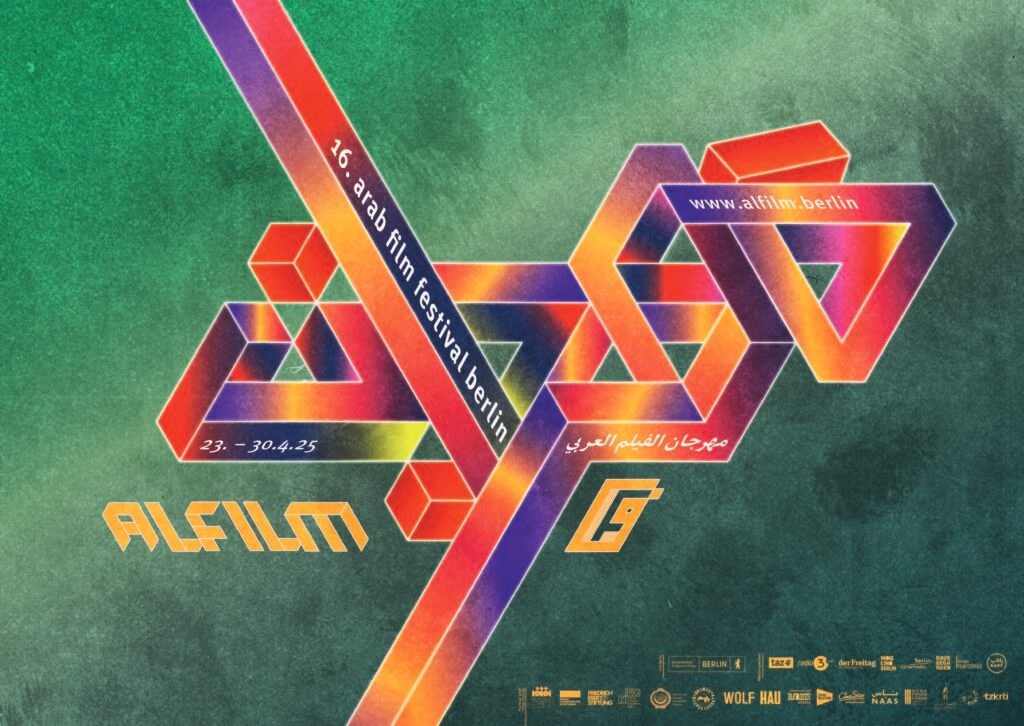
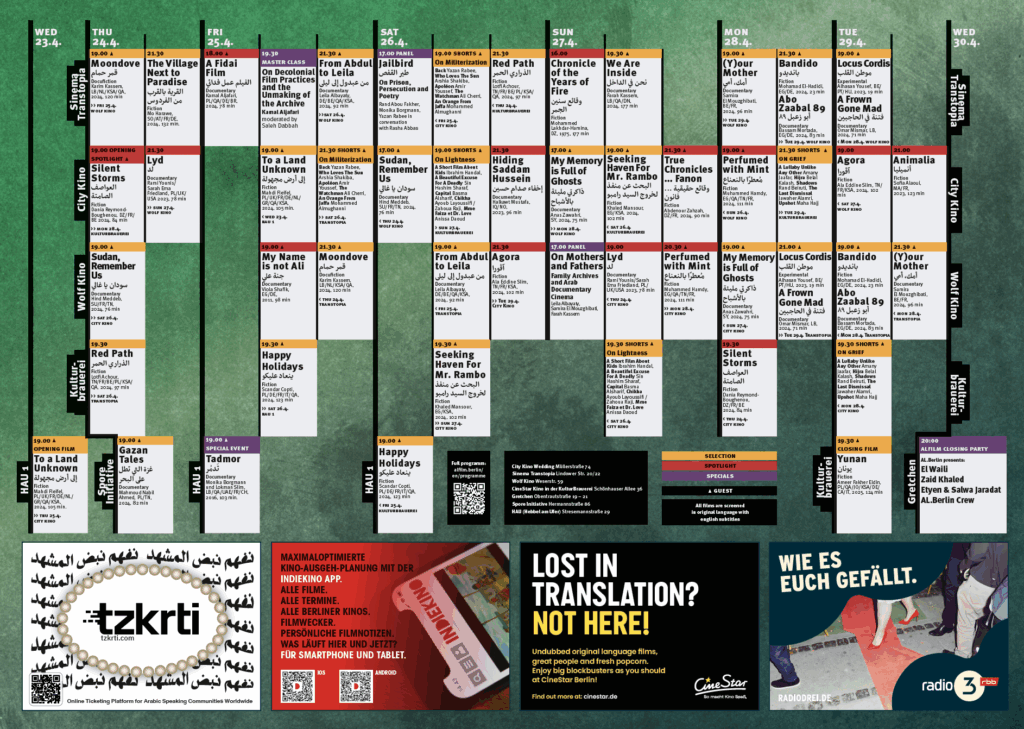
Much has happened simultaneously across the region over the past year. Syria is free from Bashar Al Assad’s tyranny, the war in Sudan is deteriorating by the minute, Lebanon is being bombed, and Palestine is still undergoing a genocide. Across the whole Arab region, nations are faced with the devastating effects of climate change, authoritarian repression, and the skyrocketing of living costs, pushing whole countries to their breaking point, with the pain and struggle reaching far into the diaspora. These realities shaped this year’s selection of films as “many contemporary Arab films use speculative fiction, magical realism, futuristic utopias as a way to deal with contemporary society”, says Iskandar Abdalla. Realities that are all deeply tied to the legacy of colonialism: “it’s a present masquerading as the past, a tapestry of canceled futures that await to be reclaimed, so that they might be rendered livable”, Abdalla emphasizes on the festival’s website.
Syria’s liberation after decades of terror certainly sparked an initial wave of hope through the region, with footage of political prisoners finally emerging into the light of freedom through torn-down prison gates. It has also brought to the forefront the harrowing stories of violence that have long been hidden behind those prison walls. In cooperation with the MENA Prison Forum (MPF), an interdisciplinary initiative researching prison culture in the MENA region, Medico International, and UMAM Documentation and Research (UMAM D&R), ALFILM is shedding light on Syria with a Screening of Tadmor (2016) by Monika Borgmann and Lokman Slim. A documentary that features eight former Lebanese prisoners who were subjected to extreme torture in the famously known Tadmor prison in Palmyra under the Assad regime in the 1980s. The protagonists of the film confront their trauma through acting out both the role of the prisoner and guard, recreating Tadmor in an abandoned school near Beirut, displaying the gruesome realities of their time spent in the military prison.
ALFILM also spotlights The Village Next to Paradise (2024), the first-ever Somali film to be selected for Cannes, directed by Mo Harawe. Through its breathtaking visuals, the film follows the journeys of the single father, Mamargade, and his son, Cigaal, in a Somali village, telling a story of resilience while subtly addressing the struggles shaped by the ongoing war in Somalia – a country ever so often overlooked by the media.
This selection not only highlights shared struggles across the region but also challenges viewers to confront their blind spots and recognize how deeply interconnected we all are. In a cultural landscape shaped by government cuts to cultural funding and the suppression of artists and activists who stand in solidarity with Palestine, ALFILM creates a crucial and much-needed space for collective mourning, inviting the mind to imagine alternative realities and futures. May the festival be able to remain fiercely independent and continue to spotlight the region’s most masterful storytelling. Don’t miss it!








